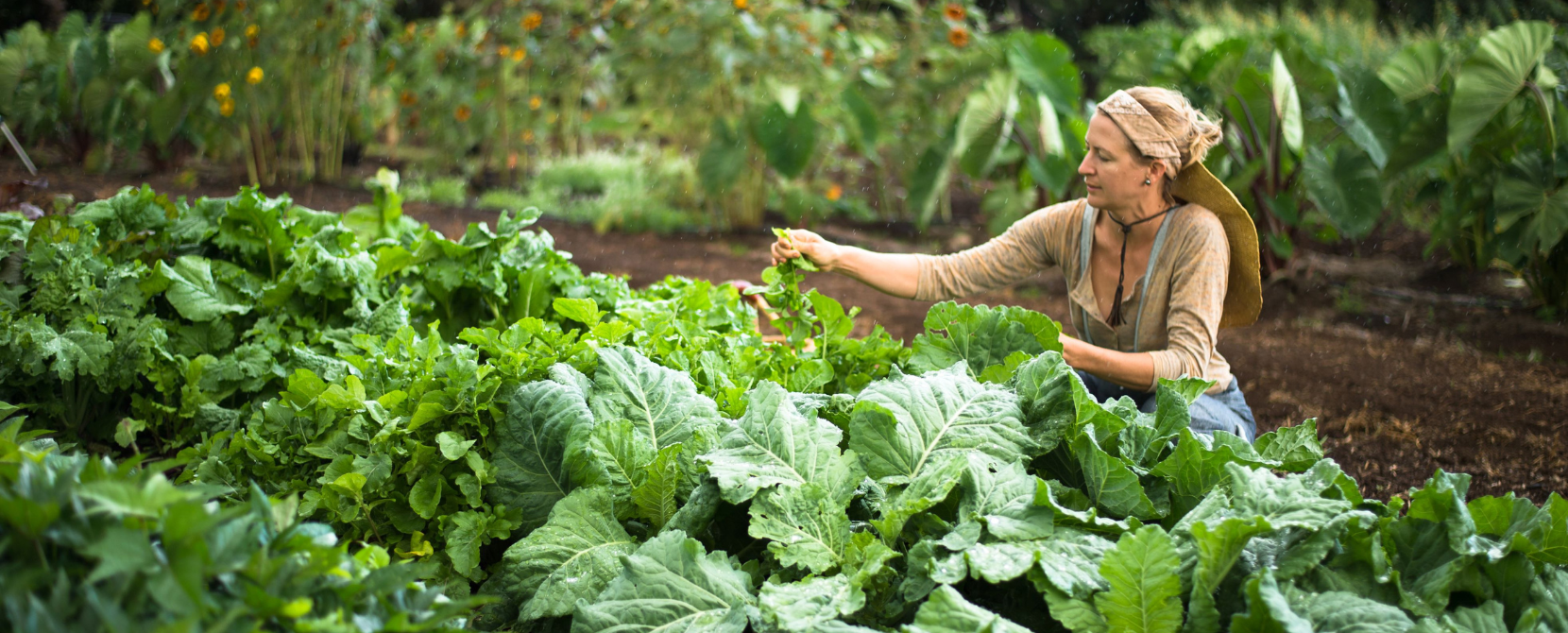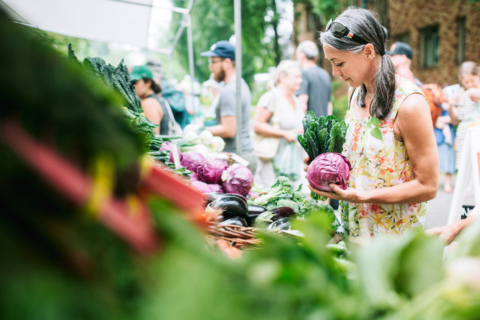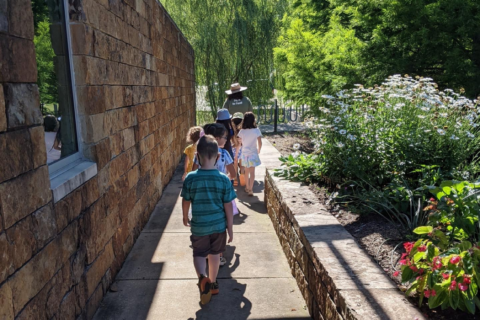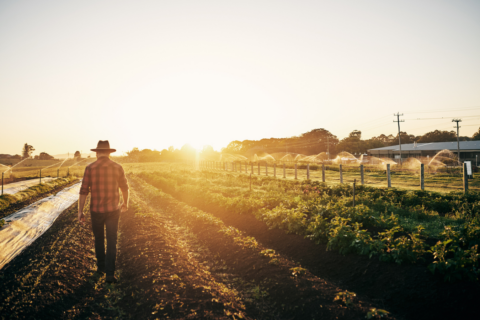Congress continues to work toward the reauthorization of the Farm Bill, the most impactful piece of legislation related to agriculture and food. Local leaders have an opportunity to advocate for the programs they leverage in their communities and consider new ways to partner with community groups to start or expand initiatives that could be supported by Farm Bill programs.
There are 12 titles in the Farm Bill with programs and policies to help support rural development and economic growth, invest in local infrastructure, increase conservation efforts and environmental protection measures, ensure low-income individuals have access to nutritious food and resources and more.
Local governments wishing to start or grow their own local program in nutrition, food access, agriculture workforce, horticulture, conservation or sustainability practices and other Farm Bill supported categories may be able to partner with other community groups or local organizations to kickstart these efforts. Local leaders should also look to the U.S. Department of Agriculture to see if they are eligible for any relevant program funding or technical assistance support. Partnering with local community groups, nonprofits, or other interested parties can elevate these programs through funding, capacity, outreach and contributing to the goals of a community, and can have a quicker and greater impact on the impact of the local program.
Below are some examples of partnerships and projects that your community may be inspired to recreate in the Farm Bill space.
Farm Bill Program Partnership Examples
Ithaca, NY
Farmers in Ithaca partnered with Cornell Cooperative Extension to strengthen their local food economy – selling produce at affordable prices. Extension offices operate with local government or University partners to provide agricultural research and education. The farmer-Extension partnership developed into Healthy Food For All (HFFA), a non-profit supported through Community Supported Agriculture shares, in which people pay upfront for fresh fruits and vegetables all season long. HFFA ensures that all residents have access by accepting SNAP/Food Stamps, another Farm Bill funded program.
Sylvester, GA
The Village Community Garden was founded several years ago as a partnership between the City of Sylvester, a local artist and the Fort Valley State 4-H Club. 4-H is a national youth education program, supported in part by the Farm Bill, but also through state Extension programs. The garden provides educational opportunities in gardening and food production, with the produce given away to community members. Rutgers University highlights how local government can become more involved with their local 4-H chapter.
Cleveland, OH
Over 10,000 youth and adults have engaged in Cleveland Metroparks’ Youth Outdoors program, ran in partnership with 4-H and other organizations. Youth Outdoors provides outdoor activities and camps for children aged 8 – 18, helping them achieve an appreciation and knowledge of nature, with the overarching goals of imparting critical life skills, interpersonal development and connection to their community. Read more about urban agriculture programming in Ohio.
Show Your Support!
Want to show your support for food programs in the Farm Bill? Take a selfie at your local farmers market and tag @leagueofcities with the hashtag #supportlocalfoodprograms!









